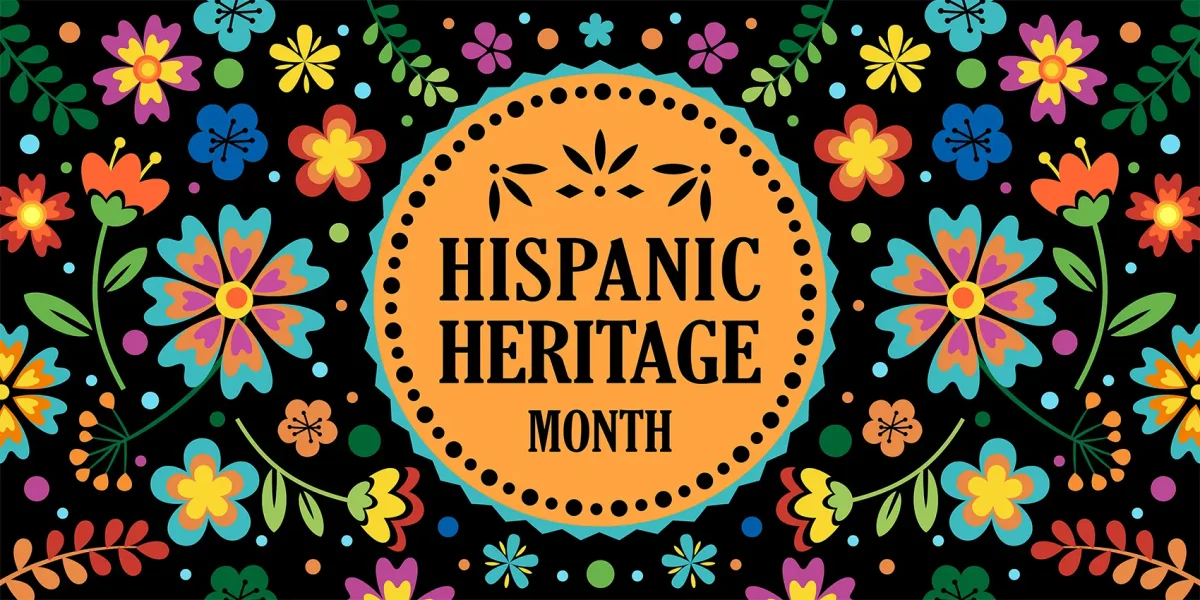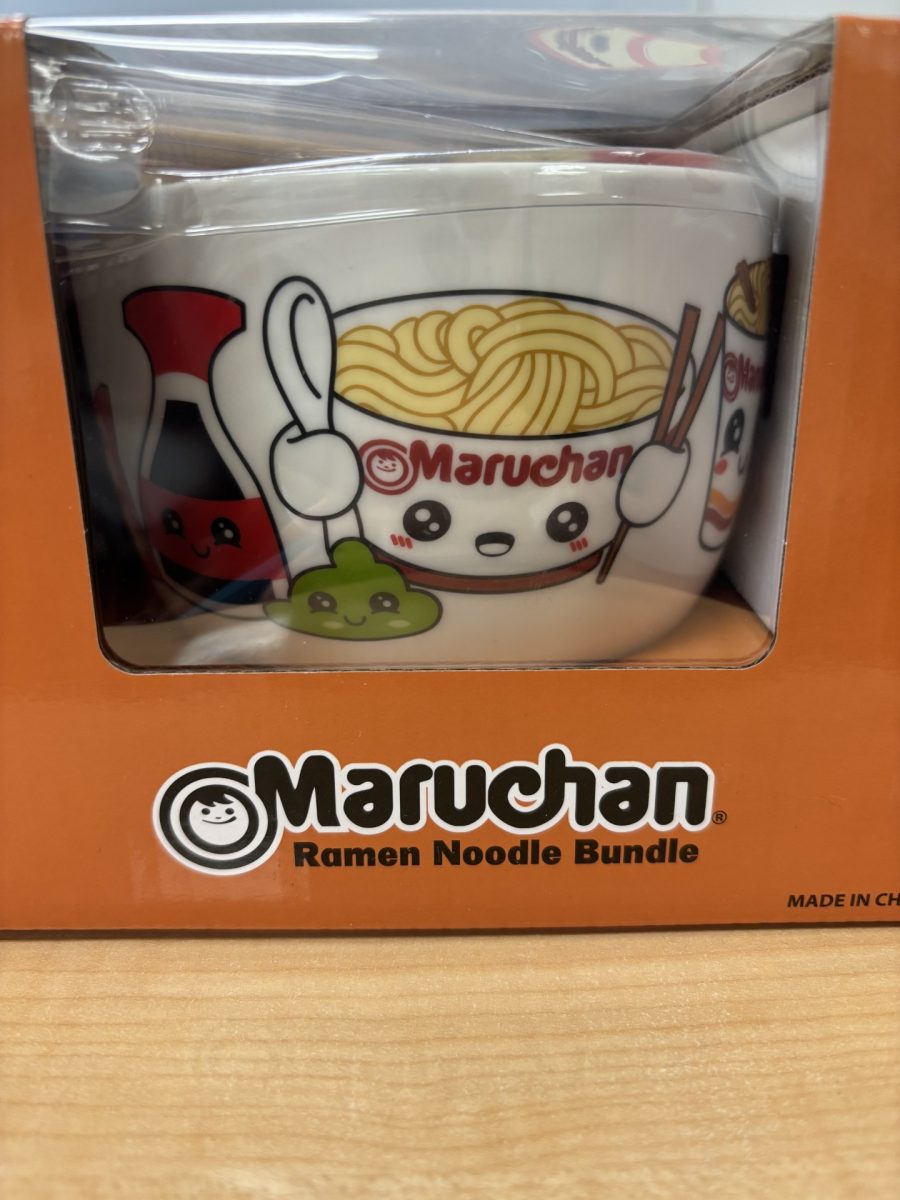When you think of the ocean, you think of fish, Nemo, and coral reefs. You don’t think of untapped medical potential and the ability to cure diseases. The ocean, in reality, is a wellspring of medicine that can help save many lives across the world.
The ocean holds 83% of the world’s biodiversity. This means the possibility for animals that can have helpful compounds to stop diseases is high. For example, ocean animals have the potential to help with many kinds of cancers, including but not limited to: leukemia, melanoma, brain cancer, cancer spotting generally, and many other kinds of solid tumors.
Notably, the study of bioluminescent organisms, such as jellyfish, have inspired the development of new imaging techniques for tracking cancer cells. In July of 2014, a team of scientists organized by the American Museum of Natural History dove 300 meters below the Atlantic Ocean’s surface about 160km off the coast of New England. One of the specific goals of the expedition was to find bioluminescent creatures such as dinoflagellates that make their own light, causing the ocean to glow, which they expected would offer clues for creating the next generation of medical imaging. On cancer treatment – promising drugs give hope for eradication of tumors. For example, glioblastoma is generally considered an incurable brain cancer, leading to mortality within 15 months after diagnosis. The only treatments available are radiation and chemotherapy. The National Cancer Institute estimated 251,329 adults die of brain cancer per year, and glioblastoma accounts for just over half of all primary brain tumors, the institute reported. A promising brain cancer drug discovered from a deep sea ocean microbe by researchers at Scripps Institution of Oceanography at UC San Diego is getting closer to being ready for public use. The lead chemists collected the microbe from sediments in the bottom of the tropical Atlantic Ocean in 1990. A compound that it produces is now being tested on patients with brain cancer at hospitals across the globe in a study nearing its final test phase, proving the continued value of products that came directly from the ocean. Another possible cancer treatment is for leukemia and melanoma. A possible treatment could be derived from an extract of a genus of oceanic microorganisms called bryozoans. The extract is called Bryostatin and has shown promise in cancer research and the development of potential drug treatments because of their ability to regulate cell growth and differentiation.
This is only one facet of the great medical breakthroughs the ocean can give. Here is a list of some notable medical achievements and breakthroughs.
- An extract from the oceanic plant known as the sea whip or soft coral has anti-inflammatory and analgesic agents that reduces swelling, skin irritation and can also accelerate wound healing.
- The blood cells of horseshoe crabs contain a chemical that cannot be found anywhere else in nature and cannot be replicated. This chemical can detect bacterial contamination in pharmaceuticals and on the surfaces of surgical implants. This could help keep people safe even in the operating room.
- Material extracted from the cone snail is a potent pain-killer and is used to treat severe chronic pain. It is more powerful than morphine but does not have the notable additive properties and humans cannot develop a tolerance to it. This means that we have an extremely powerful painkiller that can be used indefinitely. But this coin snail isn’t finished with helping the human race. The cone snail is an overachiever. In addition to being the source of a powerful pain killer, the venom of the cone snail acts as a form of insulin, which acts 12 times faster than human insulin. This development can help even more because Lown Institute reports that 1.3 million insulin users worldwide are risking injury or death due to not being able to afford their insulin. The cone snail will help provide an alternate option.
The ocean is an underutilized and fatefully ignored treasure trove of potential medical breakthroughs that can help the human race take down diseases. So the next time you go to the ocean, say thanks to the fish, they may save you later.








